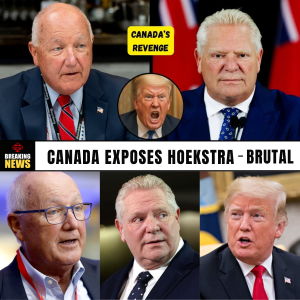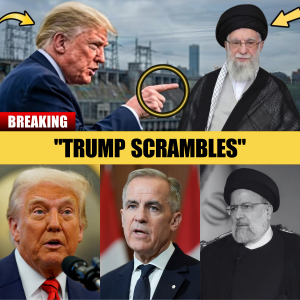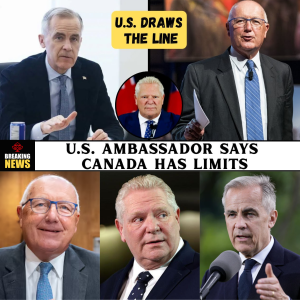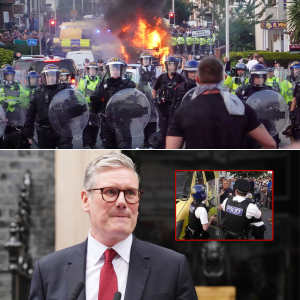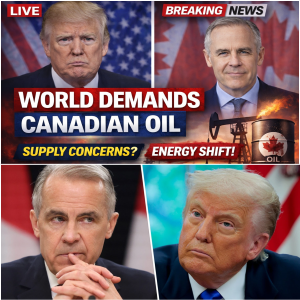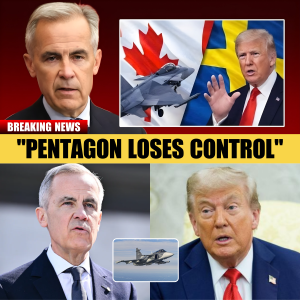‘You Manufactured the Russian Hoax!’ — Pete Hegseth Demands Federal Probe into Barack Obama’s Alleged Role in the 2016 Election-Interference Story. But Obama’s Surprising Silence Has Washington on Edge…
In a dramatic escalation of longstanding debates over the origins of the 2016 election-interference narrative, Pete Hegseth — veteran, media figure and conservative voice — has called for a full federal investigation into former President Barack Obama’s alleged role in what he describes as the creation of the so-called “Russia hoax.” The centerpiece of Hegseth’s claim: that the Obama administration deliberately manufactured intelligence linking the Trump campaign to Russia, and that the narrative was used to delegitimize and destabilize the incoming Trump presidency. Meanwhile, Obama has remained publicly silent — a move that critics and supporters alike say adds both intrigue and unease to the unfolding drama.
The allegation and its roots
Hegseth’s demand builds on recent disclosures by the Office of the Director of National Intelligence (ODNI) and others, which accuse senior Obama-era officials of manipulating or politicizing intelligence about Russian election interference. For Hegseth, the essence of the charge is clear: “You manufactured the Russian hoax!” which frames the interference narrative not as a legitimate investigation but as a strategic construct to undermine President Donald Trump.
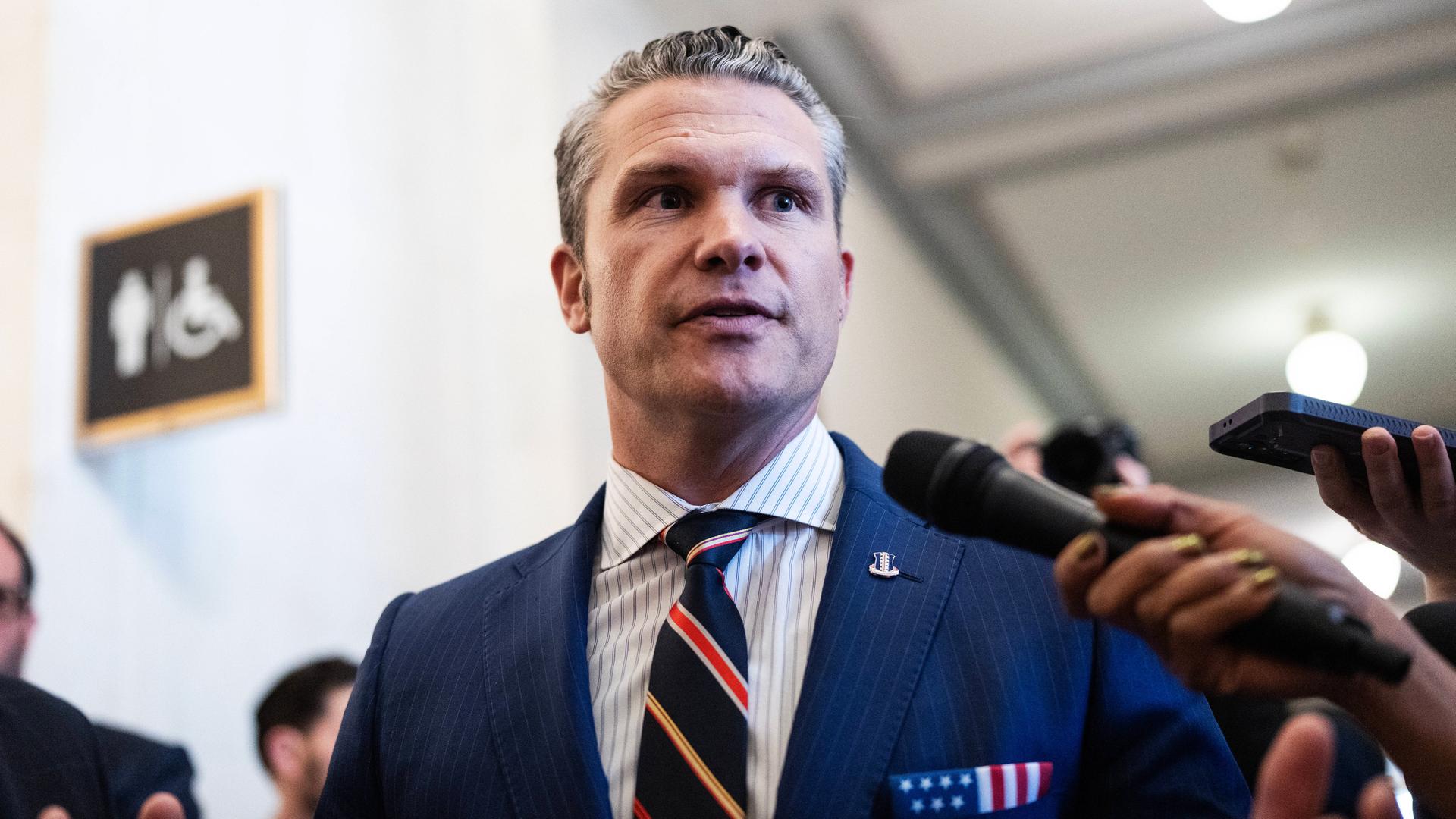
He argues that intelligence assessments and leaks were timed and handled in such a way that they steered public and political opinion toward a predetermined conclusion — rather than resulting from a neutral fact-finding process. Over the past week, Hegseth publicly demanded that the United States Department of Justice (DOJ) open a criminal investigation into Obama, his national security advisors, and other officials tied to the 2016 and post-2016 Russia inquiry.
Obama’s silence: strategic or telling?
Despite the magnitude of the allegations, former President Obama has not issued a major public statement addressing the claims or Hegseth’s call for a probe. His office has largely refrained from responding in depth, which some observers interpret as a deliberate strategy to avoid fueling further controversy. Others see the silence as a red flag — suggesting that the accusations may have enough substance to stir concern.
Typically, former presidents weigh in when their legacy is under fire. But in this case, Obama’s minimal response has left the field open for commentary, speculation, and escalating rhetoric. The absence of a formal rebuttal or public defense has also extended the window for his critics to cast the silence as tacit acknowledgment — or at least as a failure to adequately challenge serious charges.
Political and institutional implications
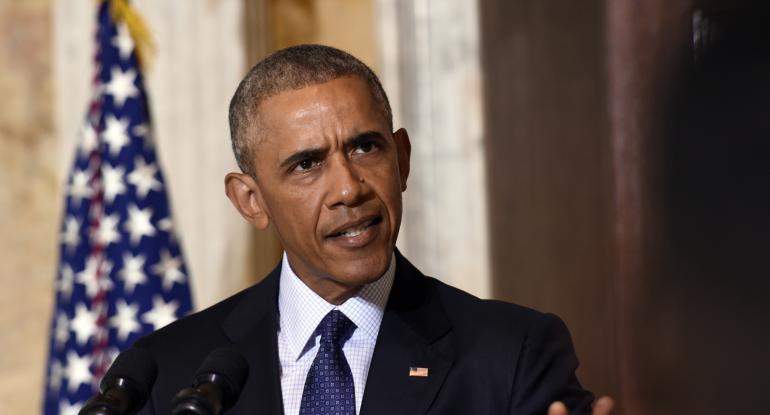
If Hegseth’s push gains traction and the DOJ decides to act, the ramifications could be considerable. For one, a federal probe into a former president and his senior advisers over alleged intelligence-manipulation would mark a significant shift in how accountability, intelligence policy, and partisan investigations intersect.
On the other hand, critics warn of danger: that what is being framed as “justice” might be partisan weaponization of intelligence history. Some senior legislative figures argue the evidence remains weak and that the long-standing bipartisan consensus that Russia interfered in the 2016 election still holds.
One key question: can the DOJ meaningfully advance toward indictments or formal proceedings after so much time and with such contested evidentiary terrain? The history of intelligence assessments on Russia’s actions remains complex, and the standard for criminal prosecution is high.
Why Hegseth’s role matters
Pete Hegseth’s involvement underscores the convergence of media, politics and national-security narratives in the modern era. By transitioning from commentator to active proponent of a federal probe, he blurs lines between advocacy, investigation and political mobilization. Whether one sees him as crusader or provocateur, his public posture gives the story renewed urgency.
His framing — of intelligence as something not simply gathered but manufactured — challenges conventional assumptions about how national-security agencies operate and raises questions about the extent to which former administrations may use intelligence for political ends.
What happens next?
In the coming weeks, the spotlight will be on the DOJ and how it chooses to respond. Will an attorney general authorize subpoenas, indictments or grand-jury proceedings? Will Obama eventually break his silence with a public statement or testimony? Meanwhile, public and media attention are likely to remain high, and the narrative will evolve rapidly as documents, leaks and partisan positioning continue to surface.
For now, one thing is clear: the debate over 2016 isn’t settled—and what was once an investigative curiosity has morphed into a confrontation that threatens to reshape how Americans view intelligence, accountability and presidential legacy.
